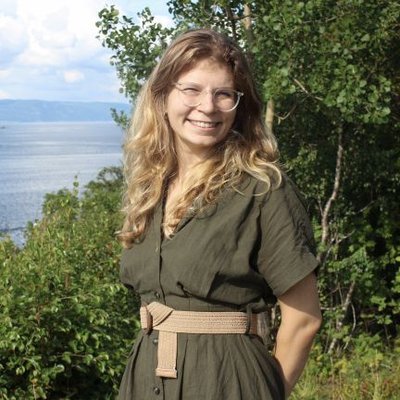Rabea Rogge, a German scientist, is hopeful that she will soon become the first German woman to fly into space. Her mission, funded by a wealthy Chinese entrepreneur, is scheduled to launch later this year aboard a SpaceX capsule.

Optimism despite challenges
Rabea Rogge, a 28-year-old researcher from Berlin, is optimistic about her chances of becoming the first German woman in space. In a recent interview with the German Press Agency, Rogge expressed confidence in the success of her mission aboard a SpaceX capsule. “I am very confident that it will work out,” she stated.
What fuels Rogge’s optimism is the fact that the mission is fully funded, eliminating the need for additional financial resources. The mission, which is expected to last three to five days, will be commanded by Chun Wang, a Chinese entrepreneur who has made his fortune in cryptocurrencies. Wang, who funded the mission, shared his excitement in an interview with the American news channel CNBC but declined to disclose the amount invested.
Training underway
Rogge is currently training with her three fellow crew members in the United States in preparation for the mission, which is set to launch at the earliest by the end of the year. She expressed that the rigorous training has reinforced her belief that the mission will indeed take place. “What I have seen so far of SpaceX’s work is truly impressive—very hard, very goal-oriented, and highly motivated,” Rogge commented, though she acknowledged the possibility of delays.
If the mission were to be postponed or canceled, Rogge admitted that she would be disappointed but emphasized the importance of looking forward to the next challenge. In the meantime, she finds joy in her primary work, a PhD thesis on robotics in the Arctic, which continues to engage her passion.
Women flying into space
Since Valentina Tereshkova‘s historic flight in 1963, women have made significant strides in space exploration. As of February 2024, 75 women have flown into space, representing a diverse array of nationalities. These include astronauts from the United States, Russia, Canada, Japan, China, and several European countries. The increasing number of women in space highlights the growing inclusivity and recognition of their contributions to space missions.
The requirements and training for women astronauts are rigorous and demanding, similar to their male counterparts. Candidates must possess a strong educational background in science, technology, engineering, or mathematics (STEM), along with relevant professional experience. Physical fitness is crucial, as astronauts undergo extensive training that includes simulations, underwater exercises to mimic zero-gravity conditions, and survival training for emergency scenarios. This comprehensive preparation ensures that women are well-equipped to handle the challenges of space travel and contribute effectively to their missions.









